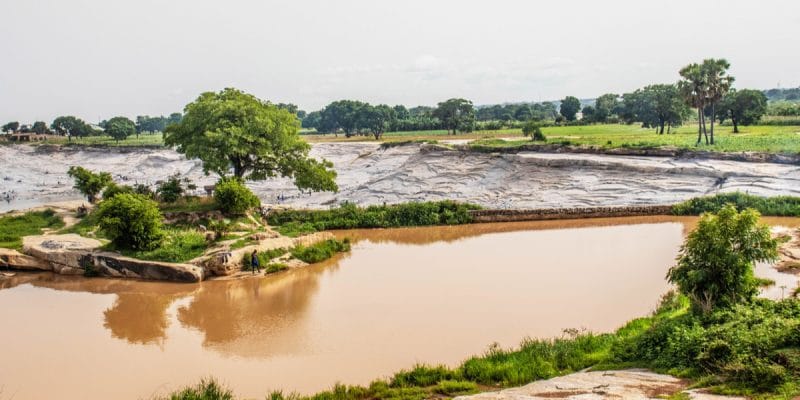The environmental and social non-governmental organisations (NGOs) of the Coalition of Civil Society Organisations for Corporate Social Responsibility (COSC-RSE) accuse the company Olam Palm Gabon, whose factory is located in Ndendé in the south of the country, of polluting the Iroungou River. Water resources and local biodiversity are affected.
Olam Palm Gabon, a joint venture between the Republic of Gabon (40%) and the Singaporean multinational Olam International (60%), is once again embroiled in an environmental pollution case. Environmental and social non-governmental organisations (NGOs), grouped within the Coalition of Civil Society Organisations for Corporate Social Responsibility (COSC-RSE), accuse the company, whose factory is located in Ndendé in the south of Gabon, of having polluted the Iroungou River.
In a recent report, the COSC-RSE revealed a change in the colour of the water in the Iroungou River, a degradation of the land vegetation, and foul odours emanating from the river where dead fish are flowing. “In view of the environmental and social risks that may result from this pollution, we believe that this environmental disaster cannot be described as an accident. For us, it is a case of poor management of environmental aspects for which Olam Palm Gabon must be held responsible,” says Edwige Eyang Effa, the COSC-RSE coordinator.
A meeting with Olam’s sustainable development manager
As a precautionary measure, the COSC-RSE is demanding an analysis of the groundwater, lakes and other watercourses located near the plant, used for the domestic needs of the communities of Mbadi, Iroungou and Nanga. The coalition is seeking a working session with Olam’s sustainable development manager and permission to visit the factory and the affected area during a field trip scheduled to take place shortly.
Read also- AFRICA: water, at the heart of the continent’s environmental challenges
Established in Gabon since 1999, Olam Palm Gabon is today the country’s largest private employer, with nearly 4,000 employees. With a production of 100,000 tonnes, including 22,000 tonnes of refined palm oil in 2021, this is not the first time the agro-industry has been accused of environmental pollution. In September 2018, participants of the community workshop on organising and supporting communities impacted by oil palm plantations raised the issue with the CEO of Olam Palm Gabon about the environmental and social damage of his company’s activities in the villages of Mbadi, Sanga and Mounigou, in southern Gabon.
Boris Ngounou







